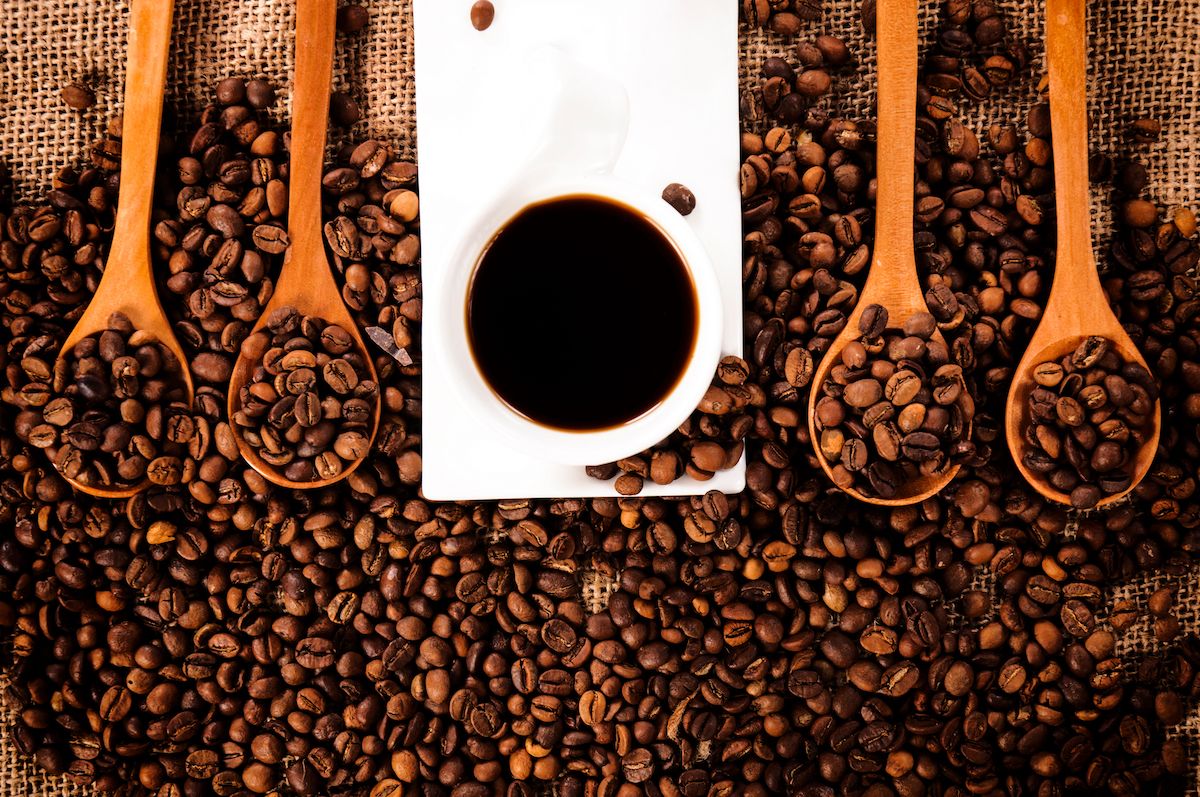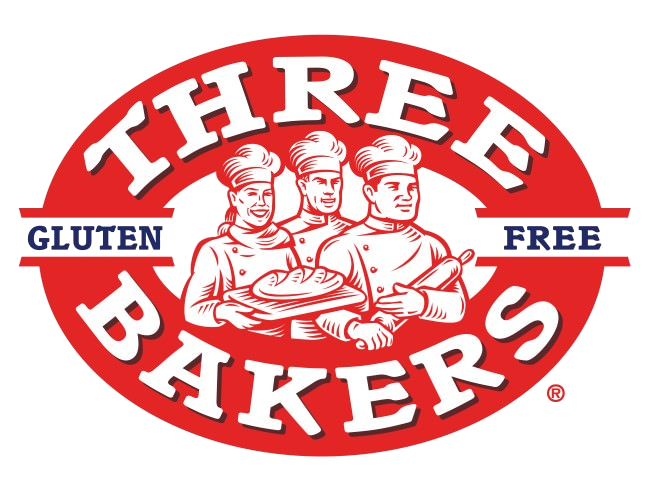- BY Susan Tucker
- POSTED IN Information
- WITH 0 COMMENTS
- PERMALINK
- STANDARD POST TYPE

Thank you to Greg Haver for contributing this week’s article.
This is one of those moments where I would typically laugh because it reminds me of all the products labeled “gluten-free” that don’t typically have gluten. It’s like slapping a gluten free sticker on a pack of plain raw chicken or on a bottle of vodka — they don’t do it to help people with celiac disease or for people with gluten sensitivities. It has everything to do with those fad gluten-free diets that people go on as a quick way to drop weight, which is interesting, mostly because going gluten-free can often result in weight gain.
Back to that sticker, though. By law, an item can be marked as “Gluten-Free” if it has 20 parts per million of gluten or less. If you’re really sensitive, that can be enough to trigger a reaction. While you won’t see a “Gluten-Free” sticker on bags of coffee beans (at least, not normally), that’s largely because coffee is naturally gluten free. That being said, we’ll still take a closer look and examine all of the information available.
Can You Drink Coffee on a Gluten-Free Diet?
Celiac Disease and Coffee
The Celiac Disease Foundation has approved the consumption of coffee thanks to Dr. Stefano Gaundalini, a CDF Medical Advisory Board Member. That hasn’t stopped a lot of the worry or numerous blog articles decrying the evils of coffee, though.
A lot of the hullabaloo over whether or not you can drink coffee with gluten sensitivities is because of a single study that was circulated in 2013. Published by Food and Nutrition Sciences, it spoke of “cross-reaction.” Basically, it insinuated that the proteins in coffee triggered the same response as gluten proteins in people with celiac disease or gluten sensitivity.
It turned out that the only reaction was to instant coffee that was manufactured at a plant that also manufactured gluten products. There have been no studies that have found any cross-reaction to the proteins in coffee in those with celiac disease.
So, basically, the only thing you should take from this is: don’t drink instant coffee. Try these organic whole bean options instead.
Buying Coffee from A Cafe
Ordering a coffee from your local Starbucks, Dunkin Donuts, or any outside source always comes with a certain, well, uncertainty. With other food containing gluten being prepared in the same general area, it’s possible that there can be cross-contamination (which is different from cross-reaction). All it takes is one employee forgetting to wash their hands before preparing your frappuccino to cause a gluten reaction.
Things We Add to Coffee
The real problem with coffee consumption and gluten-free diets comes in the form of additives. With a fair portion of coffee consumers adding other ingredients into their morning joe, the larger concern is the ingredients of those extras.
Milk and sugar are naturally gluten-free, but some syrups and creamers are not. Check the label for ingredients like wheat flour, which is often used as a thickening agent. There are other ingredients that are potential red flags, so make sure that you know what each listed ingredient is and whether or not it’s safe for you to consume.
Not Totally Convinced?
Sometimes the proof is in the puddin’—or, in this case, depriving yourself of caffeine for a week. If you think that you’re having an adverse reaction to coffee consumption, it’s quite possible that you are. It’s not likely due to any sort of gluten sensitivity, but it’s fairly documented that the acid levels in caffeine can cause stomach problems.
Or you could be allergic to coffee. That would be an actual tragedy.
To find out for sure, there’s a simple, but difficult way, to get an answer. You have to make it a week without consuming coffee. You can get your caffeine from other sources, like black or green teas. Matcha is always a good option. But, like most things, the only way to sort out whether coffee is causing problems is to totally wipe it out of your system.
After seven days have passed, drink a single cup of coffee. Make sure that it’s organic and grind it from whole beans to eliminate any possible cross-contamination. Hey, we’re just covering our bases here. Not likely and impossible are two different things. Finally, don’t add any creamers or syrups to it. Again, they add a variable that we don’t want in this little experiment. Finally, if you think that it may be upsetting your stomach due to acid level, you can also experience with low-acid coffees.
In Conclusion
Having Celiac disease or any form of gluten sensitivity doesn’t mean you have to give up coffee. The coffee proteins don’t cause a cross-reaction and the delicious beans are naturally gluten-free, so enjoy your cup of joe without worry!
About Greg Haver
 Hey there, my name is Greg and I’m the creator and editor of Coffee or Bust. I’ve been in the coffee business for over a decade, and my goal is to help you make the best cup of coffee with recommended tips, tools, and tricks!
Hey there, my name is Greg and I’m the creator and editor of Coffee or Bust. I’ve been in the coffee business for over a decade, and my goal is to help you make the best cup of coffee with recommended tips, tools, and tricks!
Disclaimer: This information is not intended to treat, diagnose, cure or prevent any disease. All material provided on this Site is provided for information purposes only. Always seek the advice of your physician or other qualified health care provider with any questions you have regarding a medical condition, before undertaking any diet, exercise, other health program, or other procedure set out on this Site.

